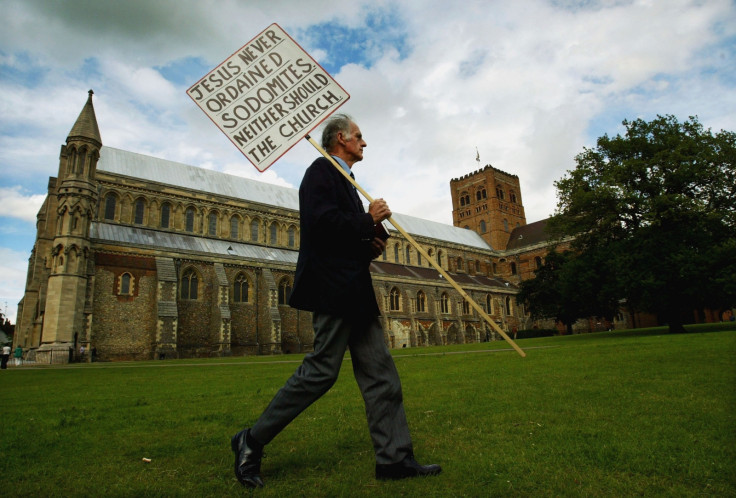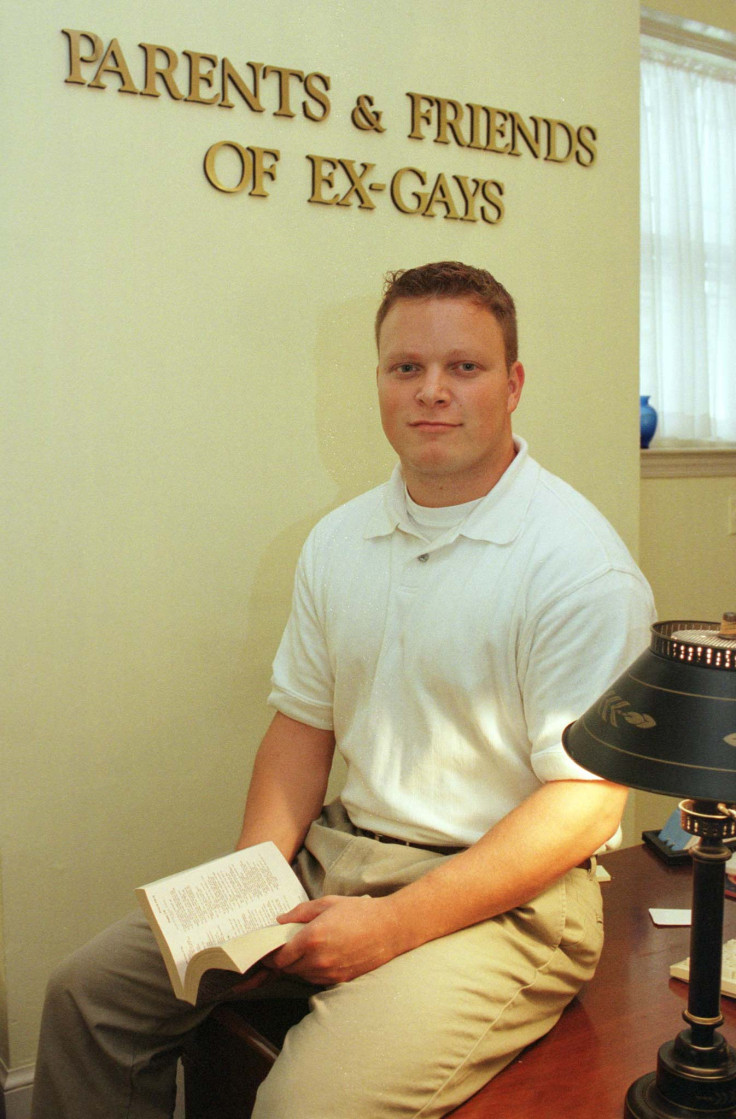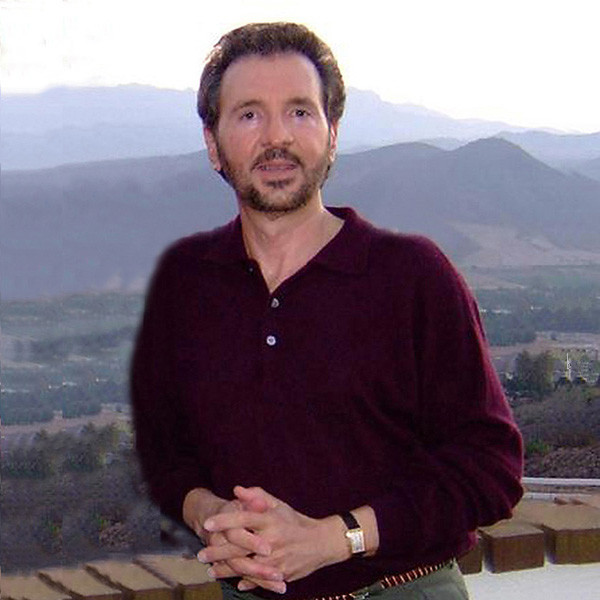The Church tried to cure me of being gay - conversion therapy must be stopped
It seemed to work for a while - then I would find myself longing for the love of a woman and feel ashamed.

Many will wonder why a motion for the Church of England to condemn conversion therapy is needed in the twenty-first century. Surely this archaic practice must be a thing of the past? Aren't there more important things that should be being debated? But the truth is that conversion therapy is still recommended in many churches as the way to deal with "sinful" sexual desires that do not conform to a heterosexual norm.
The 2015 Memorandum of Understanding, now endorsed by the Church of England and signed by all the main healthcare professions – including the NHS, the Royal College of Psychiatrists and the Royal College of General Practitioners – makes clear that Conversion Therapy is unethical and potentially harmful. Indeed, it is well known that there are high levels of depression, self-harm and even suicide amongst the lesbian, gay and bisexual community.
Homosexuality is not a mental disorder or illness that requires "curing". As a Christian, and founding member of the Archbishops' Council for the Church of England, I believe that we are each fearfully and wonderfully made, and that God has created us all equal yet unique. Importantly, there is no hierarchy of sexual identity or sexual underclass in the Kingdom of God. Our challenge is not with who we are or how we are created, but how we choose to live our lives.
Sadly, though, this is not a truth that has been understood by all within the Church and so many have turned to conversion therapists to try and help them get rid of their unwanted sexual desires. In a recent research survey I conducted amongst the LGBTI Community, nearly 40% (217 out of 553 respondents) had willingly gone through some form of conversion therapy and over two thirds (68%) had done so because they believed it to be "sinful".
A third had done so because they thought their friends and family disapproved and a quarter had done so because their church leader had disapproved. This stigma and prejudice can cause deep mental anguish. The rate of suicide amongst the LGBTI community is far too high, and a travesty that we should all be deeply concerned about.

I myself have been through conversion therapy – and suffered as a result. Growing up as I did in a church that taught that being non-heterosexual was sinful, I sought every means I could to rid myself of my unwanted desires. Originally this started with well-meaning prayer ministry friends trying to pray into my past, and then I moved on to more specialised ministries who looked to deliver me on oppressive spirits and generational influences.
Growing up as I did in a church that taught that being non-heterosexual was sinful, I sought every means I could to rid myself of my unwanted desires
It would seemingly work for a few months, even years, and then I would find myself longing for the love of a woman and feeling guilty, tainted and ashamed. I tried to understand why I wasn't being healed – surely a loving God would help rid me of such unwanted desires? – and was often told it must be my fault. There must be some unknown or unrepented sin – or perhaps I just didn't have enough faith?
This was spiritual abuse of the worst kind, particularly because it was done by those I knew and trusted. I became depressed, my body failed to cope with the stress and twice I was admitted to hospital with severe abdominal pain followed each time by a nervous breakdown.
I never want another young vulnerable adult to go through what I did – which is why I have fought so hard for the Church of England to condemn such therapy. I am thrilled it has chosen to go even one step further and call on the government for an outright ban.
Perhaps the most shocking statistic from my research was that nearly three quarters (74%) of those who had undergone conversion therapy first started this when they were under 20, and just under half (48%) were under 17. We are therefore dealing with young vulnerable adults, even children, who need our protection.

This practice needs to be recognised for the spiritual abuse that it is – and adequate safeguards need to be adopted to ensure that none go through the trauma that past generations have suffered.
Earlier this year in the UK, a petition to make the act of gay conversion 'therapy' a criminal offence reached 35, 000 signatures, but failed to reach the 100,000 names needed to ensure a debate in parliament.
Stonewall's Unhealthy Attitudes (2015) report found that 10 per cent of health and care staff have witnessed colleagues expressing the belief that lesbian, gay and bi people can be 'cured' of their sexual orientation.
In America, California became the first state to make gay conversion therapy illegal in 2012, with just eight other states banning it since.
The vote in General Synod in the UK, which showed an overwhelming support for my motion (298 for and 74 against), was a key turning point for the Church of England. It is clear that many have listened and truly heard the testimonies of those who have been through so much because of their sexuality and their faith, and shows a new desire to be both sensitive to their pain and learn from past failings and mistakes. As such it marks a new day where the Church appears, at long last, to acknowledge that being non-heterosexual is not a sin – but something to celebrate.
In giving such a clear endorsement to the Memorandum of Understanding, I hope other faiths and Christian denominations will now follow the Church's lead and engage with this important topic, so that together we can ensure that this abhorrent practice is confined to the dustbins of history.
Jayne Ozanne is a leading gay evangelical who works to ensure full inclusion of all LGBTI Christians at every level of the church
© Copyright IBTimes 2025. All rights reserved.






















